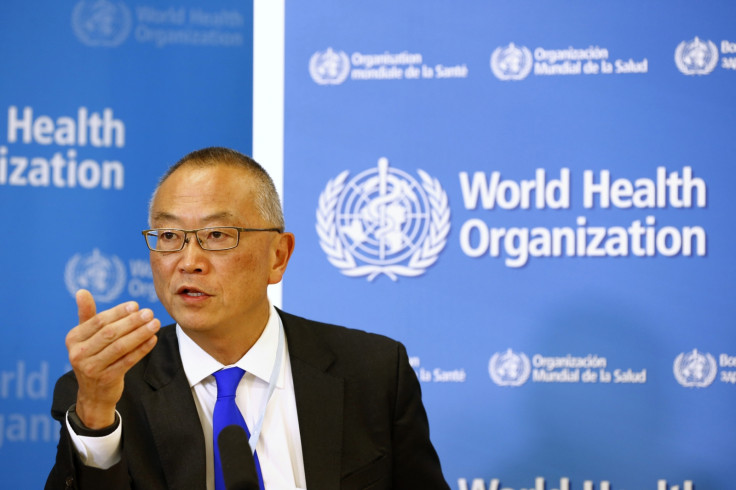Ebola Cure: US Eases Restrictions On Drug Testing

The US Food and Drug Administration (FDA) has eased safety restrictions on an experimental drug to treat Ebola. This could pave the way for its use in patients infected with the deadly virus.
Canadian drugmaker Tekmira Pharmaceuticals Corp said the FDA has modified a hold on its drug TKM-Ebola which targets the genetic material of the virus.
Early studies of TKM-Ebola in monkeys suggested it could block high doses of the Ebola virus. But in July, the company based in Vancouver, British Columbia, announced the FDA had halted a small study of the drug in 28 healthy adults over questions about drug reactions causing nausea, chills, low blood pressure and shortness of breath.
Scaling Up Production
Once a drug is approved for use, scaling up production should not be a problem as the three US Centers for Innovation in Advanced Development and Manufacturing can produce and deliver at least 50 million doses of a vaccine in 12 weeks.
All three US facilities established to quickly make vaccines and therapeutics in the event of a major public health threat are standing by to scale up treatment for Ebola.
The centers are designed for scaling up drug manufacture in the eventuality of a pandemic (an epidemic that covers one or more countries) or chemical, biological or nuclear threats.
The centers can produce and deliver at least 50 million doses of vaccine against an influenza pandemic, the most likely source of a health emergency, within 12 weeks.
Any order for Ebola would be for much fewer doses, said Brett Giroir, chief executive of Texas A&M Health Science Center: one of the facilities.
The World Health Organization is convening a group of medical ethics specialists to consider such issues as who decides which patients would receive the treatments or vaccines.
US officials have repeatedly emphasised the importance of public health measures, such as quarantines, to stop the spread of the disease.
© Copyright IBTimes 2025. All rights reserved.



















